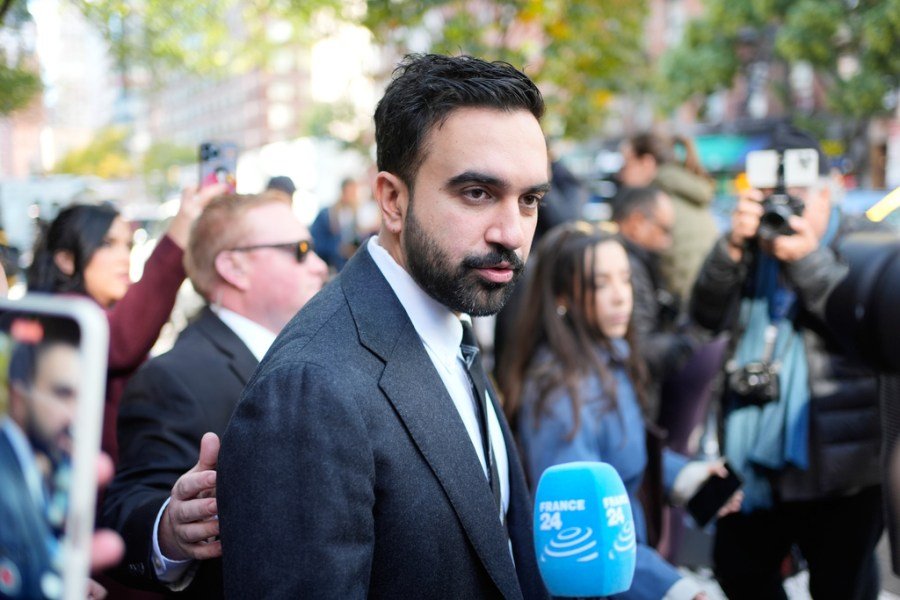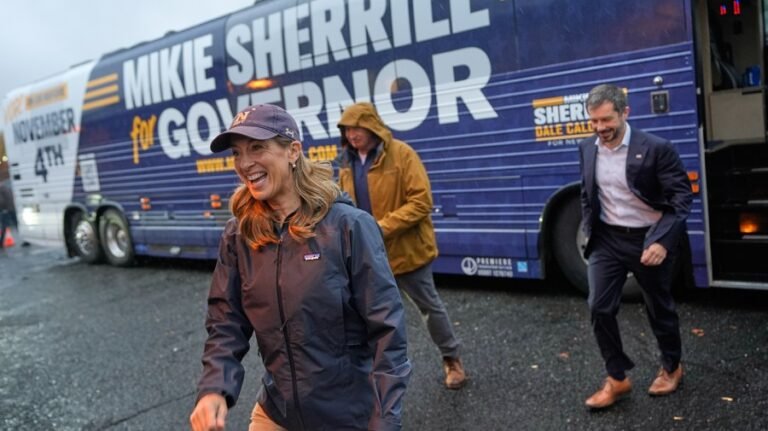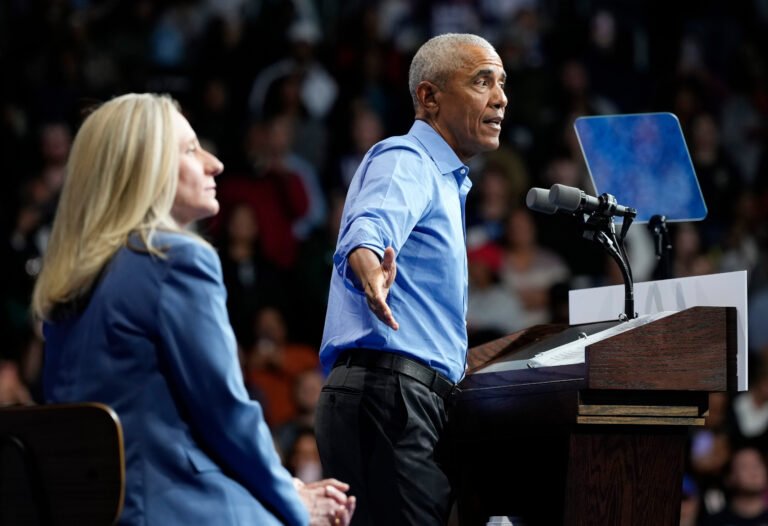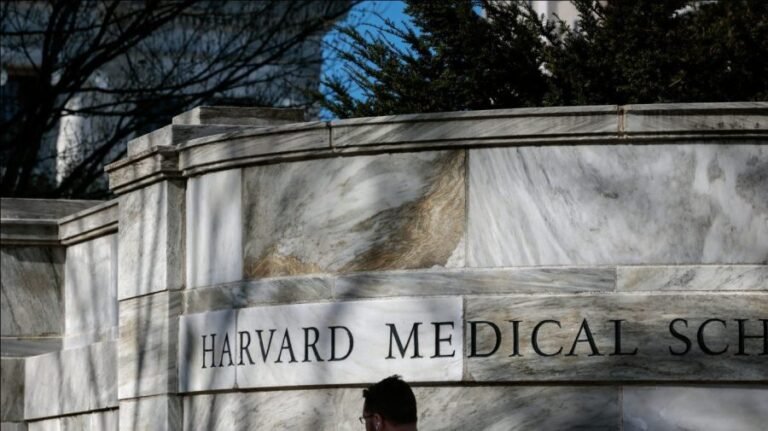
There is a hatred in America that still dares to speak its name — loudly, publicly, and without fear of consequence. It doesn’t hide behind euphemisms or coded language. It mocks, it smears and it flourishes in the open. That hatred is Islamophobia. Today, it remains one of the last socially and publicly acceptable forms of bigotry.
Muslims are a community that leading political figures can still slander on air, that journalists can frame as suspect by default, and that candidates can use as props in their culture-war campaigns without major consequences or jeopardizing their careers.
Recently, Andrew Cuomo, New York City mayoral candidate and the former governor of New York, went on conservative radio, and remarked, “God forbid, another 9/11, can you imagine Mamdani in the seat?” referring to assemblymember and fellow New York City mayoral candidate Zohran Mamdani. His host Sid Rosenberg responded, “He’d be cheering.” Cuomo chuckled and added, “That’s another problem.”
Two grown men, both long-time fixtures in New York’s media and political ecosystem, casually and publicly imagined a Muslim lawmaker “cheering” during a mass-casualty terror attack, simply because of his faith, and they treated it like small talk. The insinuation is vile and dehumanizing — that an elected official would celebrate the slaughter of his fellow New Yorkers just because he is Muslim.
Even CNN’s Dana Bash reportedly could not resist framing Mamdani as a “controversial candidate” who, if elected, would be New York City’s first Muslim mayor “on the 25th anniversary of 9/11” — provocatively manufacturing a connection between his faith identity and the terror attacks.
These are not isolated lapses and misspeaks. They are symptomatic of a society and culture that has normalized exploiting religious identity for political clout and currency. They are fodder for talk radio, a rallying cry for bigots and extremists, and cheap shots by pundits and politicians desperate to maintain fading relevance.
In Georgia, far-right Islamophobe Laura Loomer recently declared on X that “our entire country is being Islamified,” claiming that the “Islamic takeover of America” is underway simply because Muslim Americans are running for local office. The targets of this dramatized hysteria are candidates for public office like Georgia state Rep. Ruwa Roman and Johns Creek Councilmember Shafiq Jadavji who happened to be invited to a “Candidate Meet & Greet” — public servants who spend their days improving schools, infrastructure and services, rather than plotting “sharia takeovers” as implied by these attacks.
The reality is that when Muslims seek public office, their patriotism is questioned. When they speak out against genocide and war crimes, they’re labeled anti-Semites and extremists. When they rise in polls, they’re smeared as infiltrators.
Imagine, for a moment, if Cuomo had said the same thing about a Jewish, Black, or gay elected official, suggesting they would “cheer” during a tragedy. The backlash would be instantaneous, the apologies swift, the condemnations bipartisan. But when the target is Muslim, silence reigns.
Why? Because Islamophobia has been institutionalized. It has been reinforced through more than two decades of “War on Terror” narratives, sensationalist headlines, and the political calculus that fear wins votes and helps control the masses. Even when Muslims are praised, it’s often through the “good Muslim, bad Muslim” lens, where only those who mute their faith or condemn their fellow Muslims on demand are deemed acceptable.
That conditional inclusion is a quiet cruelty of Islamophobia. It paints a story of American Muslims that no matter how many elections we win, how many patients we heal, how many children we mentor, how many communities we feed, how many ways we serve our country, we will always be seen as potential threats rather than equal citizens. The insinuation is that Muslims can serve America, but can never represent it.
Words like Cuomo’s or Loomer’s don’t exist in a vacuum. Every time this rhetoric goes unchallenged, it trickles downward — into classrooms where Muslim students are bullied, into workplaces where Muslims face discrimination or are sidelined for promotions, and into neighborhoods where mosques face opposition.
When politicians and pundits classify Muslims as threatening and dangerous, they are not just insulting individuals — they’re building the cultural scaffolding that allows violence and injustice to feel justified. That is, after all, one of the end goals of Islamophobes.
The attacks on Mamdani and other Muslim candidates are not just smears; they are stress tests for the soul of American democracy. If participation by American Muslims is automatically equated to national security, then our democracy is not pluralistic — it is conditional.
Mamdani’s composed response at Friday’s press conference outside a New York City mosque in response to these smear attacks captures what’s truly at stake: “This isn’t about me,” he said. “It’s about whether Muslim kids growing up in this city can believe they belong here.”
That is the question up for debate for every American. Do we still believe that faith can disqualify someone from serving their country? How long will we quietly accept that some forms of bigotry — so long as they’re aimed at Muslims — are politically expedient, good for ratings, and even entertaining?
Islamophobia thrives because too few Americans find it offensive enough to confront. Until it becomes socially unacceptable, America will continue to betray its own ideals — one smear, one slur, one “joke” at a time.
Zainab Chaudry is CAIR Action Maryland advisory member.


